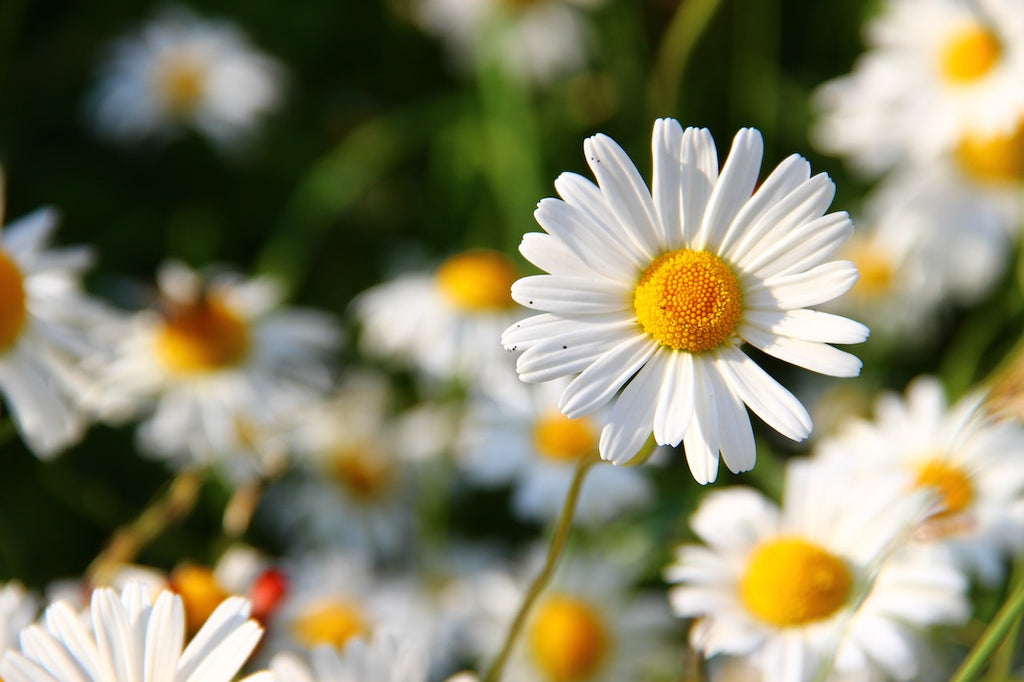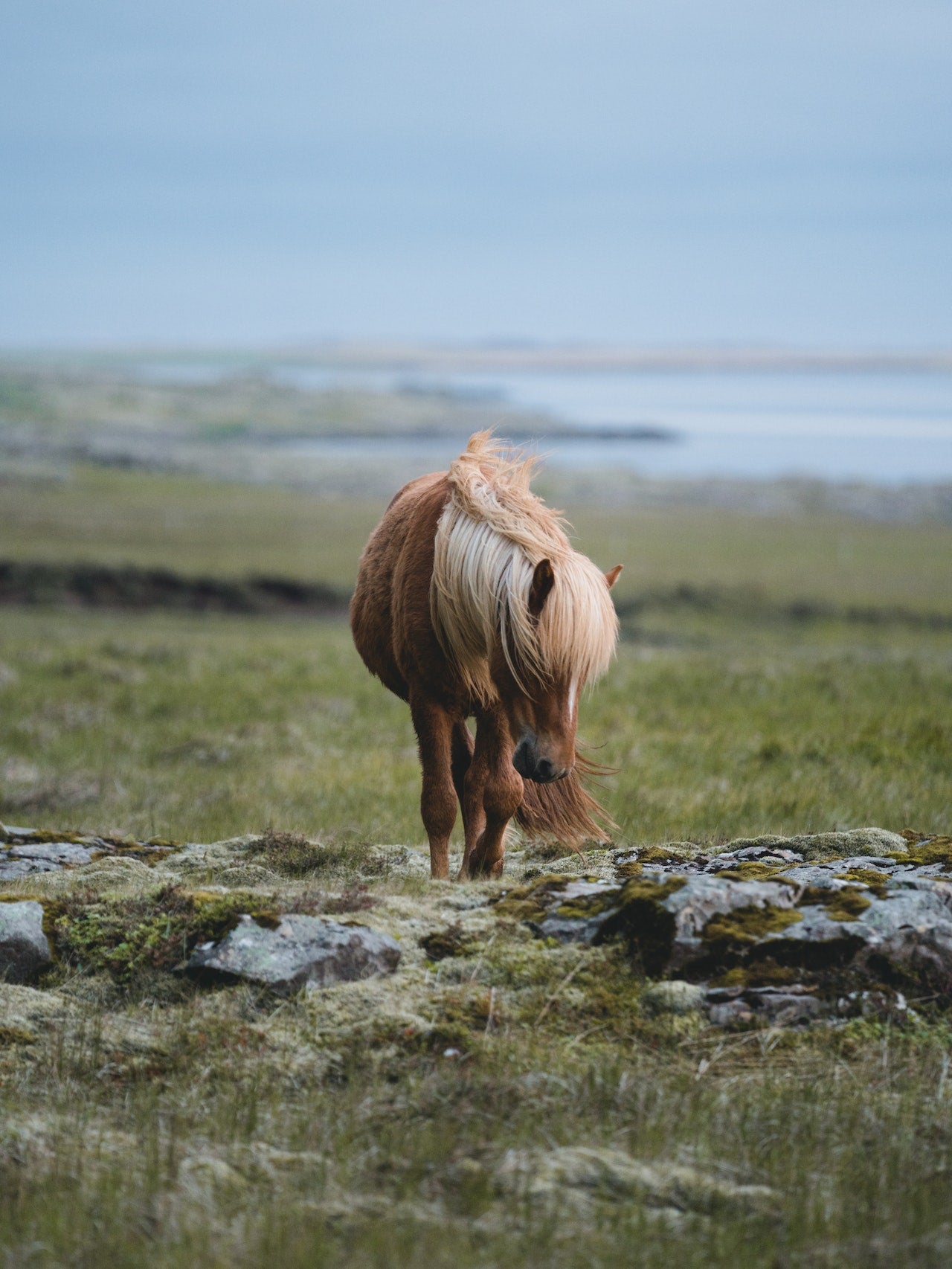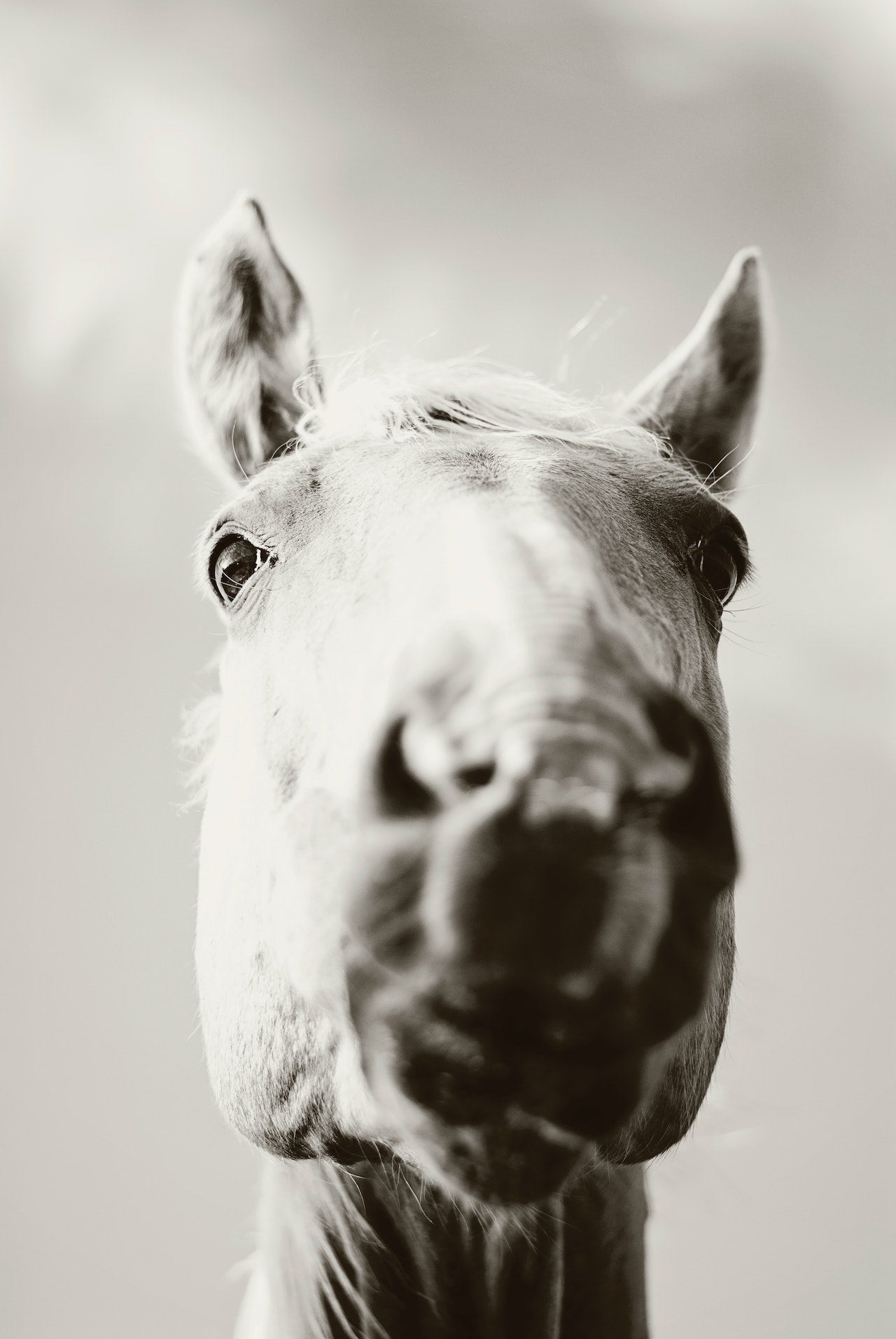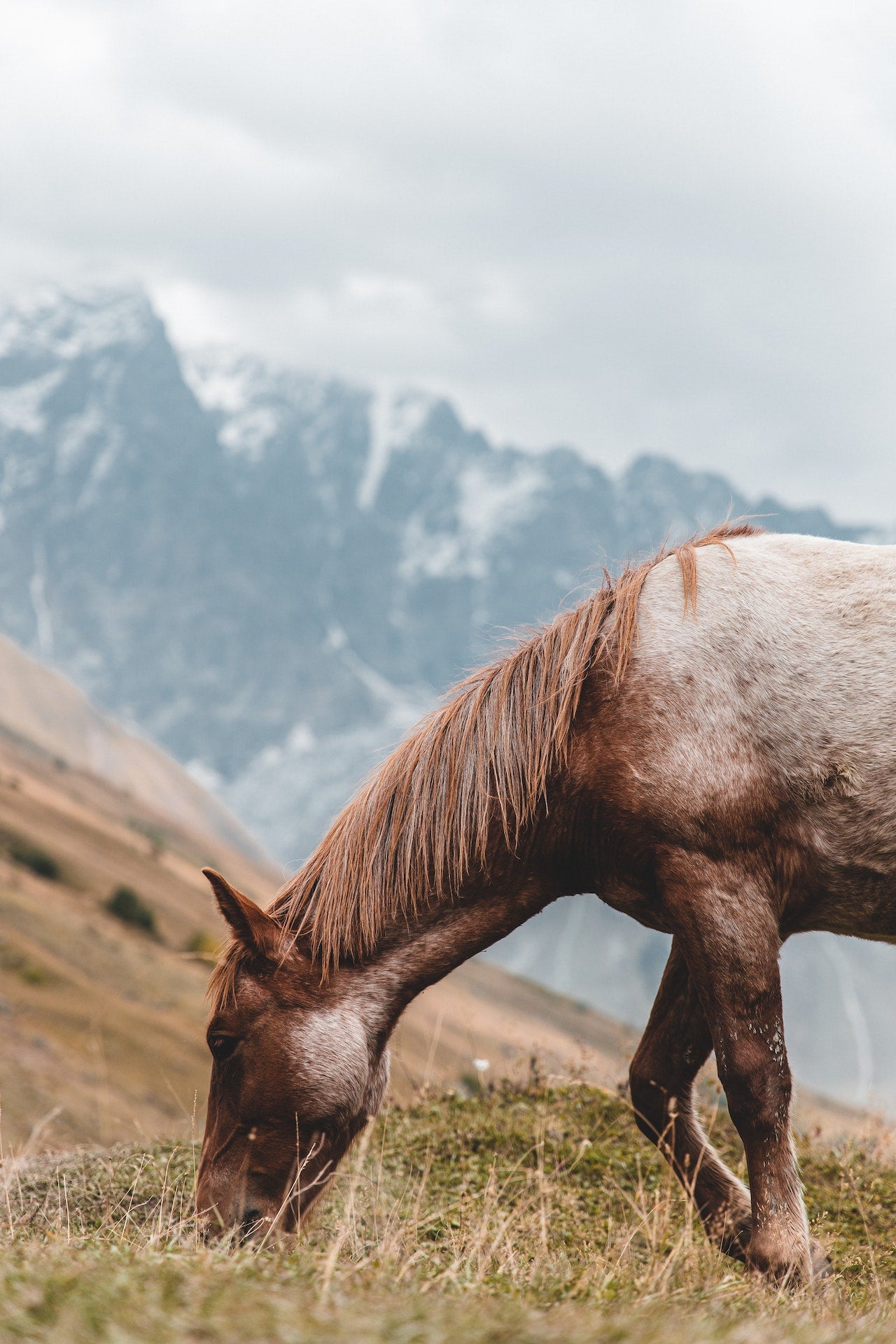
Daises for Horses: A Delicate Treat or a Nutritional Folly
When it comes to what we feed our equine friends, we frequently try to combine their dietary requirements with their sporadic cravings for treats. The common daisy stands out as one such delight. Daisies, which are delicate, vibrant, and common in many meadows, pique the interest of horse owners who want to know if these flowers may be incorporated into their horses' diets.
We shall go into the fascinating issue of whether daisies may be safely consumed by horses as part of their diet in this article. Although daisies by themselves are not harmful to horses, it is important to be aware of any potential effects before adding them to the diet. As responsible owners, we must think about the total dietary needs of our horse pets and assess the actual benefits that daisies provide.
In the following paragraphs, we will look at the nutritional value of daisies for horses, discuss their safety, and offer important details on the hazards and considerations involved in feeding daisies to our equine friends. We will also look at other options and provide advice on how to keep a balanced diet that guarantees our horses' best health and energy.
Can Horses Eat Daisies?
Horses can eat daisies, but it is not considered part of their diet. Daisies are not toxic to horses and at the same time, it does not have any significant nutritional benefits for them. Overconsumption of daisies could also cause digestive upset for horses. It is worth noting that horses have specific dietary requirements, and their diet should primarily consist of forage, such as grass or hay.

Daisies
Daisies are charming and recognizable flowers that belong to the Asteraceae family, which includes other well-known plants like sunflowers and dandelions. Despite being of European origin, they have become widely distributed due to their toughness and appealing looks. The brilliant yellow centre of daisies is surrounded by delicate white petals, giving them their uncomplicated yet alluring attractiveness. Pink or purple petals can also be seen on certain daisies, though.
Daisies are another flower that is frequently used in floral arrangements because of their vibrant and adaptable blossoms, which can give a touch of freshness to any bouquet.
Daisies have evolved to take on several symbolic connotations in addition to their visual appeal. They are frequently linked to simplicity, innocence, and purity. Daisies have also been portrayed as symbols of love, beauty, and fresh beginnings in folklore and mythology.
Although daisies are generally valued as ornaments, they have historically been used in herbal medicine. Daisies, for instance, are thought to have anti-inflammatory, antispasmodic, and diuretic effects and have been used in traditional medicine.
Nutritional Composition of Daisies
Daisies have aesthetic appeal and symbolic significance, but they only have a modest amount of nutritional value when eaten. Water and traces of other nutrients make up the majority of a daisy's makeup. For either humans or animals, they are not thought to be a substantial source of important vitamins or minerals.
Depending on the exact species and growth circumstances, the nutritional makeup of daisies may vary. Daisies typically contain negligible levels of vitamins C, A, and K. They also contain minute amounts of calcium, potassium, and magnesium minerals. These nutritional levels, moreover, need to be more to meet the dietary needs of animals, including horses and are somewhat low.
Daisies also have very low protein and carbohydrate levels, two crucial macronutrients for animals. Forage, such as grass or hay, should make up the majority of a horse's diet to satisfy its nutritional demands.
It's crucial to remember that horses are naturally grazing animals and that their digestive systems are built to handle a certain diet. While daisies may be a tempting treat, it is important to provide horses with a well-balanced diet that satisfies their unique nutritional demands.
Potential Risk of Feeding Daisies to Horses
Digestive Upset
Horses' delicate digestive systems depend on regular, well-balanced feed. A horse's digestive system may become upset if daisies are overfed or introduced in large quantities to their diet, which can result in colic or diarrhoea. Like many other plants, daisies have fibre and certain chemicals that horses may find difficult to digest in big doses.
Nutritional Imbalance
Daisies' nutritional content is insufficient compared to what a horse needs to eat, which causes an imbalance in nutrition. Horses may not get enough of the vital vitamins, minerals, and other nutrients they need for good health if they eat a lot of daisies. This may result in dietary imbalances and inadequacies, which might have an effect on their health and possibly jeopardise their immune system and general performance.
Displacement of Essential Feed
Horses who are overfed daisies may fill up on this low-nutrient plant rather than digesting their required pasture or other critical feeds. This may result in insufficient intake of vital nutrients, which may cause weight loss, muscle wastage, and general deterioration of the body.
Allergic Reaction
Although uncommon, some horses may experience allergic or sensitive reactions to daisies. Daisies that have been overfed run a higher risk of developing an allergy, which might result in skin rashes, hives, breathing problems, or other allergic symptoms. When adding any new food to a horse's diet, it's crucial to keep a careful eye on them and look out for any negative responses.
Alternative to Feeding Daisies
Several options might offer delight and nutritional advantages when it comes to feeding your horses anything other than daisies. Here are some substitutes to take into account:
Carrots
A common and well-liked treat for horses is carrots. They give horses a pleasing crunch and are high in vitamin A. Just be aware of serving amounts because carrots have a fair amount of sugar and should only be consumed in moderation.
Apples
Apples' flavour and texture are quite appealing to many horses. They are an excellent source of vitamin C and fibre. Before feeding, don't forget to remove the seeds and core because they provide a choking risk.
Peppermints
Peppermints are a traditional horse favourite and can be used as rewards on occasion. However, because they contain a lot of sugar, they should only be given seldom.
Watermelon
On hot days, watermelon may be a cooling treat for horses. It is low in calories and has a high water content, which keeps you hydrated.
Celery
Celery is a low-calorie, crisp treat choice. It has vitamins including vitamin K and vitamin C and is a good source of dietary fibre.
Commercially Formulated Treats
Commercially available horse treats include a range of options that are made exclusively for equine consumption. These treats come in a variety of flavours and are made to satisfy the nutritional requirements of horses while also providing a nice reward.
Final Words
Horses shouldn't consume daisies even though they are not toxic to them. Daisies have a low nutritional value and, if overfed, may cause digestive distress, nutritional imbalances, and the displacement of necessary feed. Prioritising a balanced and suitable diet for horses that include premium forage, grains, and essential supplements as advised by experts is crucial.



